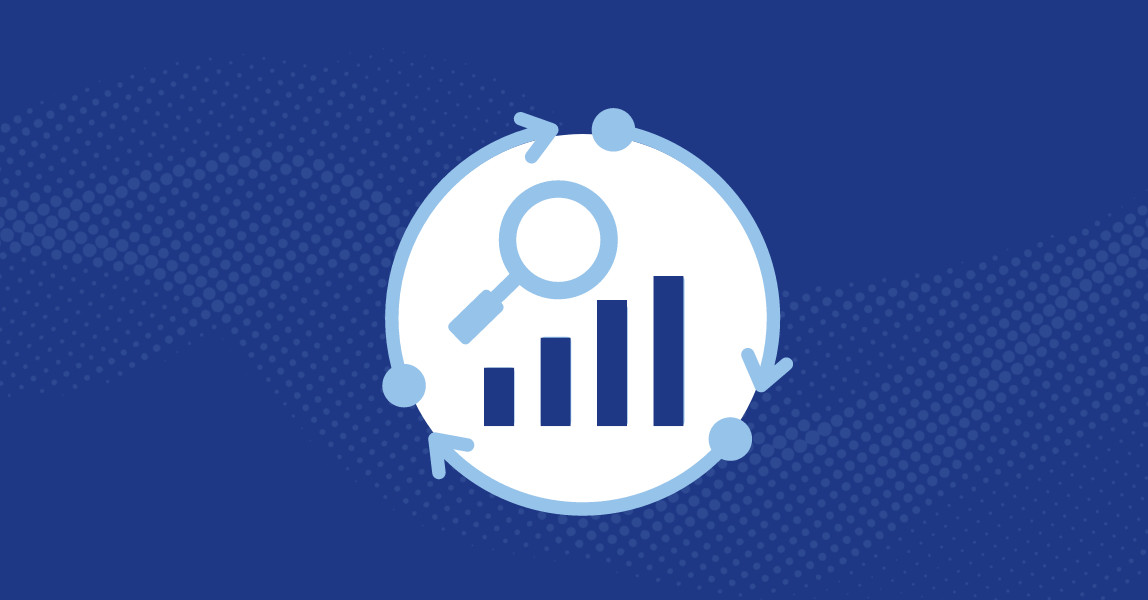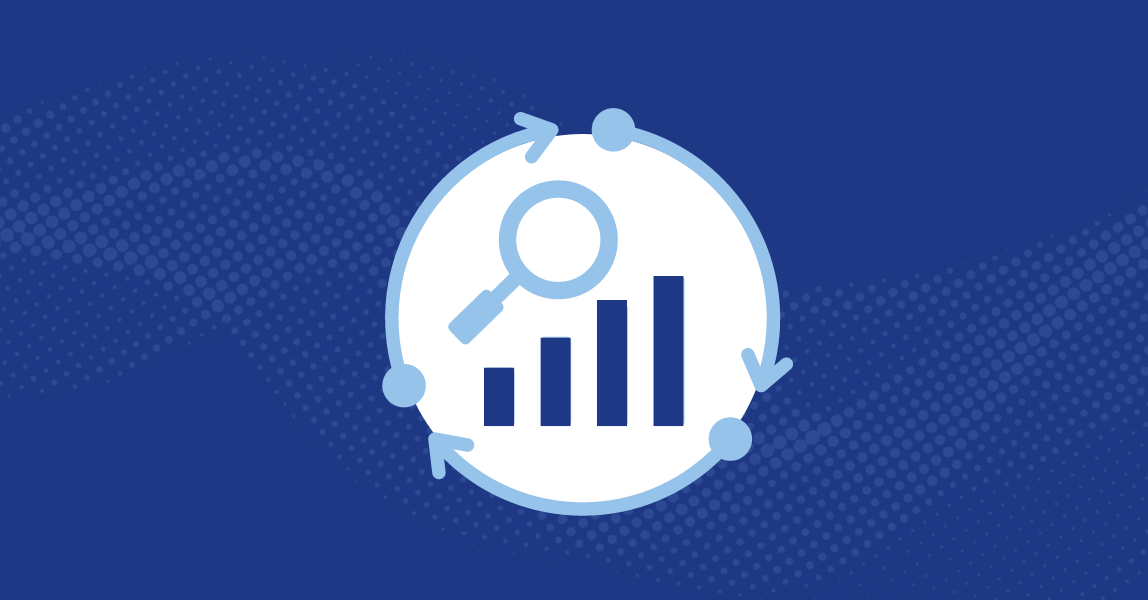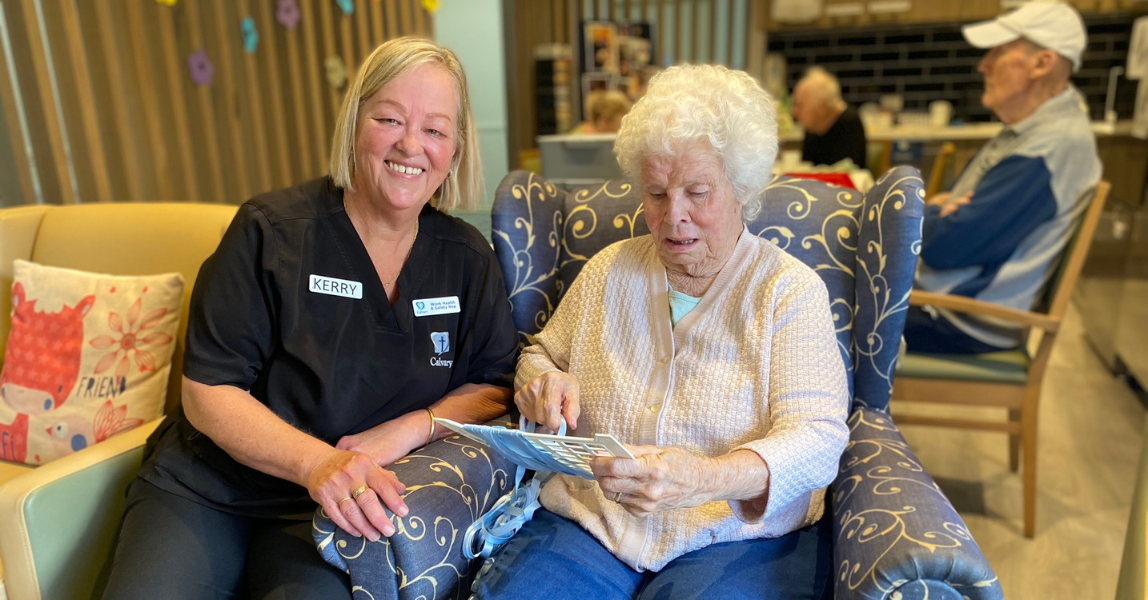Commonly Asked Questions | Cleft Lip and Palate

Calvary North Adelaide Hospital’s Dr Ben Grave is an oral and maxillofacial surgeon who answers some commonly asked questions about the condition and where to find support.
Q. What is cleft lip and palate?
Cleft lip and palate is the result of lip and/or mouth tissues not fusing together as a baby develops during pregnancy. About one baby in every 800 born in Australia has cleft lip and palate, although the severity varies.
Q. How is cleft lip and palate diagnosed?
In most cases, a prenatal ultrasound can detect cleft lip and palate as early as 16 weeks into a pregnancy. The diagnosis is confirmed at birth through a detailed visual and physical examination.
Q. How is cleft lip and palate managed?
Treatment is provided by a multidisciplinary team and depends on the severity, but overall management considers associated risks, facial growth, scarring and psychological factors.
Q. How can cleft lip and palate affect a person?
Although clefts may seem cosmetic, they can adversely impact primary functions like eating, hearing and speaking. In addition to experiencing multiple corrective surgeries in moderate to severe cases, there is often the need for ongoing medical intervention, orthodontic treatment and speech therapy. Children can also experience learning difficulties and may be treated differently by peers.
Despite this, cleft lip and palate rarely prevents people from doing the things they love, like participating in sports and other hobbies. A holistic support team can make the difference to ensuring cleft-affected people can live their best life.
Q. What other services are available beyond the treating doctor?
Families can access the support services of Craniofacial Australia, a not-for-profit, charitable foundation dedicated to supporting people with craniofacial conditions. They assist patients and their families to develop holistic care networks, advocate for patients, and connect patients and their families to various support groups across Australia and South-East Asia.
Craniofacial Australia also partners with specialist care teams, like the one at Calvary North Adelaide Hospital, which provides quality, compassionate craniofacial care.
Q. How can I best support my child living with a craniofacial anomaly, including cleft lip and palate?
By providing care and support from birth to maturity, studies show patients born with cleft lip and palate can experience a full life. For more information visit Craniofacial Australia at www.craniofacial.com.au


